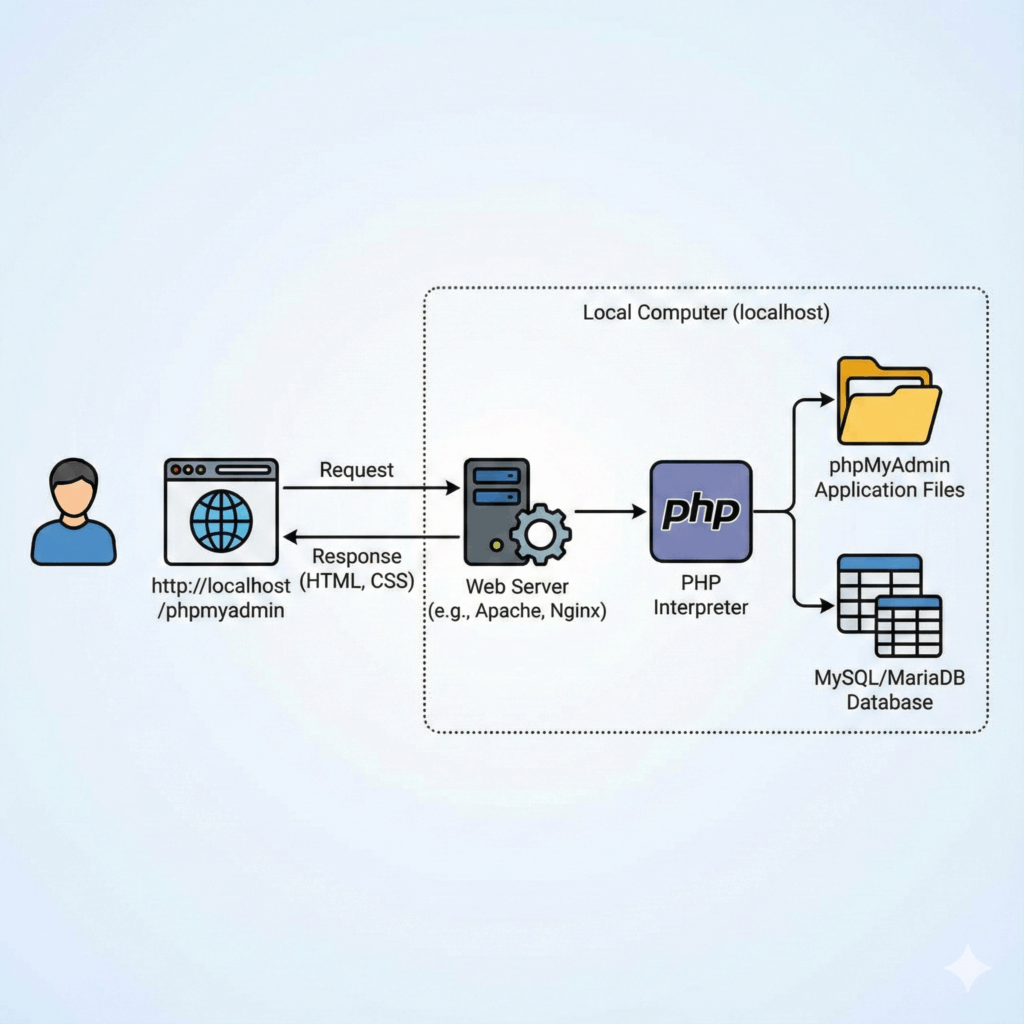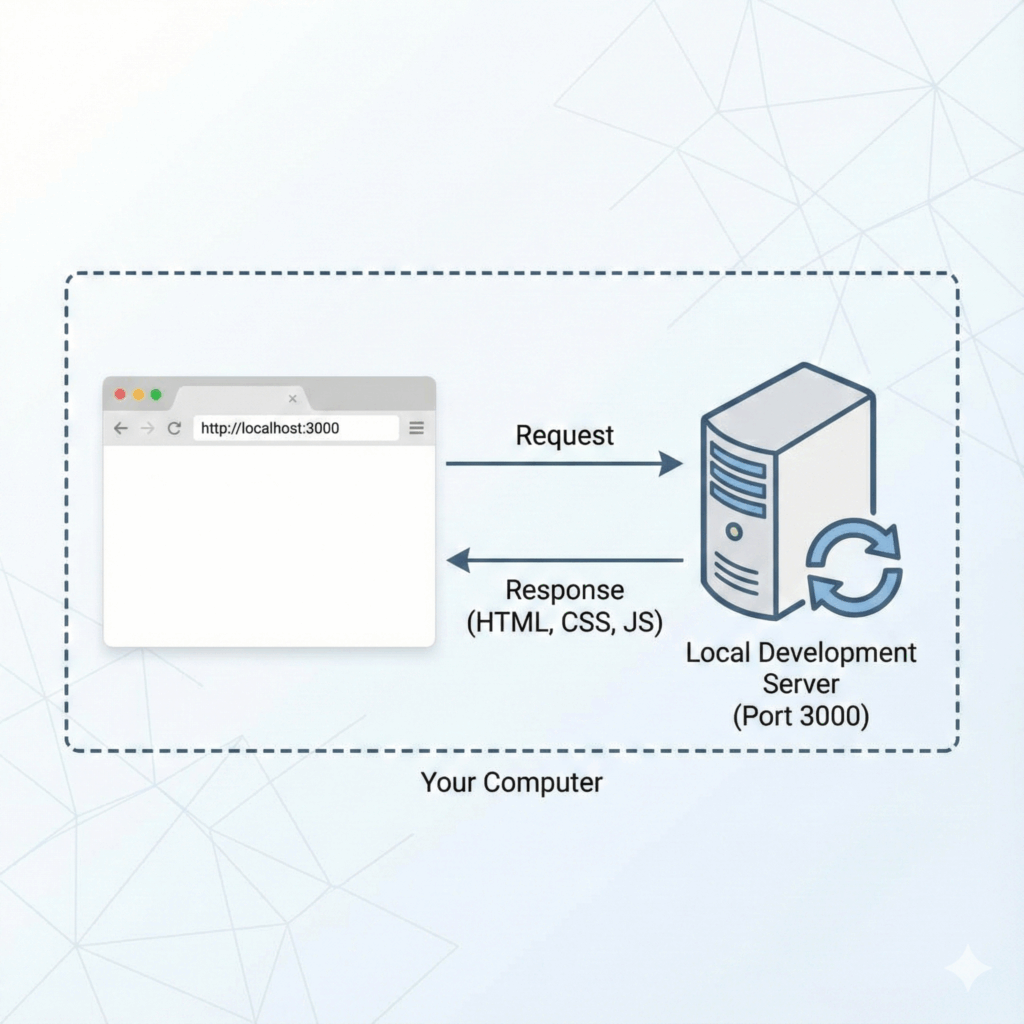
If you are considering getting a bachelor’s degree in the cybersecurity field, you most likely know that it is experiencing rapid growth. As technology becomes an essential part of our daily lives, the need for cybersecurity experts will only continue to grow. Therefore, qualified professionals will be in high demand in the near future, and finding a job will not be a major challenge. On top of that, you can count on getting a competitive salary after graduation.
A bachelor’s degree provides a solid foundation for career advancement in the field of computer networks. You can become a network engineer, security analyst, systems administrator, or even cybersecurity consultant. Without a doubt, such an education requires a lot of time and effort.
Note that you might want to get a part-time job while in college. If you do so, it might be difficult to meet the deadlines of your assignments. That is why many students buy college essays online to save time, and you can consider this option as well. Here are some more tips on getting the desired degree.
Application Process
The application process for a bachelor’s degree in cybersecurity and computer networks can vary slightly between institutions. There might be some specific requirements you will need to meet. Let’s look closely at the usual steps this process involves.
Researching Programs
The first thing you need to do is research universities and colleges that offer relevant programs. The goal of this step is to make a list of educational institutions you want to apply to. You can do so by considering factors like accreditation, program reputation, location, and cost. Also, review the specific requirements for each program, including your GPA and standardized test scores to evaluate your chances of getting there.
Submitting Application
Advance preparation of all the required data will help you to complete an online application without any stress. You most likely will have to send transcripts from past colleges or high schools. You can also be asked to mention your ACT or SAT scores among standardized examinations.
Almost every program requires applicants to write essays or personal statements. Therefore, be ready to demonstrate your interest in the field and academic goals. Note that you will need to adapt your essay to specific programs. Writing just one generic piece and sending it to every college you apply to is insufficient. On top of that, it is always a good idea to obtain letters of recommendation from teachers, counselors, or employers just in case you need them during the application process.
Interviews
To evaluate your suitability for the program, some institutions could call for meetings with faculty members or admissions officials. Start getting ready for it in advance. Review the information on the schools once more to underline the factors behind your desire to study there. Then, you must show the admissions committee that you are the ideal applicant by matching your qualifications with the values of the institution. It is also a good idea to practice answering potential interview questions to showcase your knowledge and enthusiasm.
Additional Tips
- Start early. Begin your application process well in advance to ensure you have enough time to complete all the necessary steps.
- Demonstrate interest. Make sure to highlight your interest in cybersecurity and computer networks in your personal statements.
- Meet deadlines. Create a schedule and be sure to submit all required materials by the specified deadlines.
Overall Preparation
Applying to different programs is just half of the way. You also need to make other crucial steps to become a qualified professional in this field. Here’s what you might need to focus on in the future.
Skills Development
Start with a solid foundation in computer science, networking, and cybersecurity concepts. If you are already interested in these topics, it will not be hard for you to find the necessary materials to deepen your knowledge. You can learn programming languages like Python, Java, or C++ to build network applications and analyze data.
It is also crucial to learn about cybersecurity fundamentals – threats, vulnerabilities, and countermeasures to protect networks. Without a doubt, you will need strong problem-solving skills to become a skilled professional, so practice troubleshooting network and security issues. You should not forget about your soft skills development as well. Communication, teamwork, and critical thinking are essential for success in this field.
Practice
The theoretical knowledge you gain is the basis for gaining hands-on experience. Look for internships or part-time jobs in IT or cybersecurity to see how everything works in the real world. One more advantage of such a practice is that you can create an impressive portfolio and showcase your projects, assignments, and certifications to potential employers. Having a part-time job is also a great opportunity to network with professionals and learn from them. Don’t miss the chance to connect with industry experts through conferences and online communities whenever you have some extra time. It’s possible to find a mentor in the field who can provide guidance and support when you visit such events.
Constant Improvement
Being a part of this industry means staying up-to-date with technological advancements. You aim to keep up with the latest cybersecurity threats, technologies, and best practices. To make this process less isolated, you can participate in cybersecurity clubs or competitions to network and gain practical experience. On top of that, it might be useful to learn ethical hacking techniques to understand how attackers operate. Then, you will be able to defend networks better.
As to the studying process, you can benefit from online courses, tutorials, and forums. Every step you take in terms of your professional development increases your expert value. Your resume might also need an upgrade at some point, so consider earning certifications like CompTIA Network+, Security+, or Cisco CCNA to validate your skills.
If you are not ready to start a full-scale educational project, you can look for a minor specialization. To do so, explore related fields like digital forensics, information security management, or data analytics. When you have enough resources and motivation to continue your studies, consider advanced degree programs to specialize in a particular area of cybersecurity.
Summing Up
As you can see, the field of cybersecurity can be challenging and time-consuming. You will need to effectively manage your time to balance coursework, projects, and extracurricular activities. It is not surprising that cybersecurity is a dynamic and challenging field that requires continuous learning. However, this process can be intellectually stimulating and rewarding, especially if you enjoy looking for elegant solutions to massive problems. Let your genuine interest be the source of energy to continue pursuing your professional goals. After all, perseverance is key to success, no matter how trivial it may sound.



